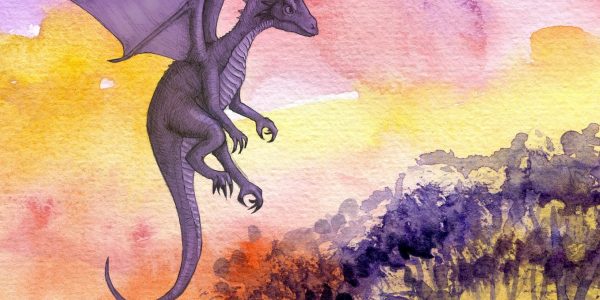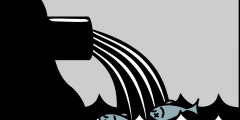Expertise: A tale of two meanings
June 19, 2020
I have recently become confused by how people use the word ‘expertise’. I’ll first tell you a story about the meaning I am used to and then a story about the meaning I am not so used to and conclude by asking what to do about this concept. ‘Expertise’ in ordinary language use Staff at …
Alchemarium
June 12, 2020
This is a guest/cross-post by Peter Broks on a new engagement tool he has developed, which looks fascinating. *** Much of what we all do can be seen as a form of alchemy. We start with something; we process it; and, if all goes well, we turn it into something we value more highly. Certainly, …
Moving on and getting on with it
May 28, 2020
Phrasal verbs are interesting. You have verbs, like ‘move’ and ‘get’ for example. But you also have so-called phrasal verbs, verbs that are made up of a main verb together with an adverb or a preposition, or both, such as ‘move on’, in, out, over or ‘get on’, in, out, over etc., or even ‘move …
Covidcomm
May 22, 2020
We have all heard about the epidemic of misinformation, even the epidemiology of misinformation, that is emerging and spreading alongside the novel coronavirus SARS-CoV-2. Staring this tsunami in the face, I began to wonder: is there anything good out there as well, something we can be proud of in terms of information and communication? I …
What R we talking about? Pandemics and numbers
May 15, 2020
The Covid-19 pandemic has brought us many new words and phrases, words and phrases that are reshaping our lives, such as ‘social distancing’, furlough, WFH (working from home), which I always read as WTF, zoom meetings, PPE and so on. It has also brought with it lots of numbers and graphs and other mathematical and/or …
VE Day – a poem by Maureen Sutton
May 8, 2020
I didn’t want to write a post today, as I had already posted one earlier in the week. But then, by chance Maureen Sutton sent me a poem that made me think and which she has allowed me to publish here. I have come to know about Maureen’s poetry through my earlier post on pandemic …
Pandemic poetry
May 1, 2020
In a post about songs in the times of coronavirus we said that there weren’t a lot of poems around yet. We only mentioned “Lockdown” by Simon Armitage… But things are changing – and I only and only vaguely looked at the poems written in English, here in the UK or elsewhere. For example, Gemma …










